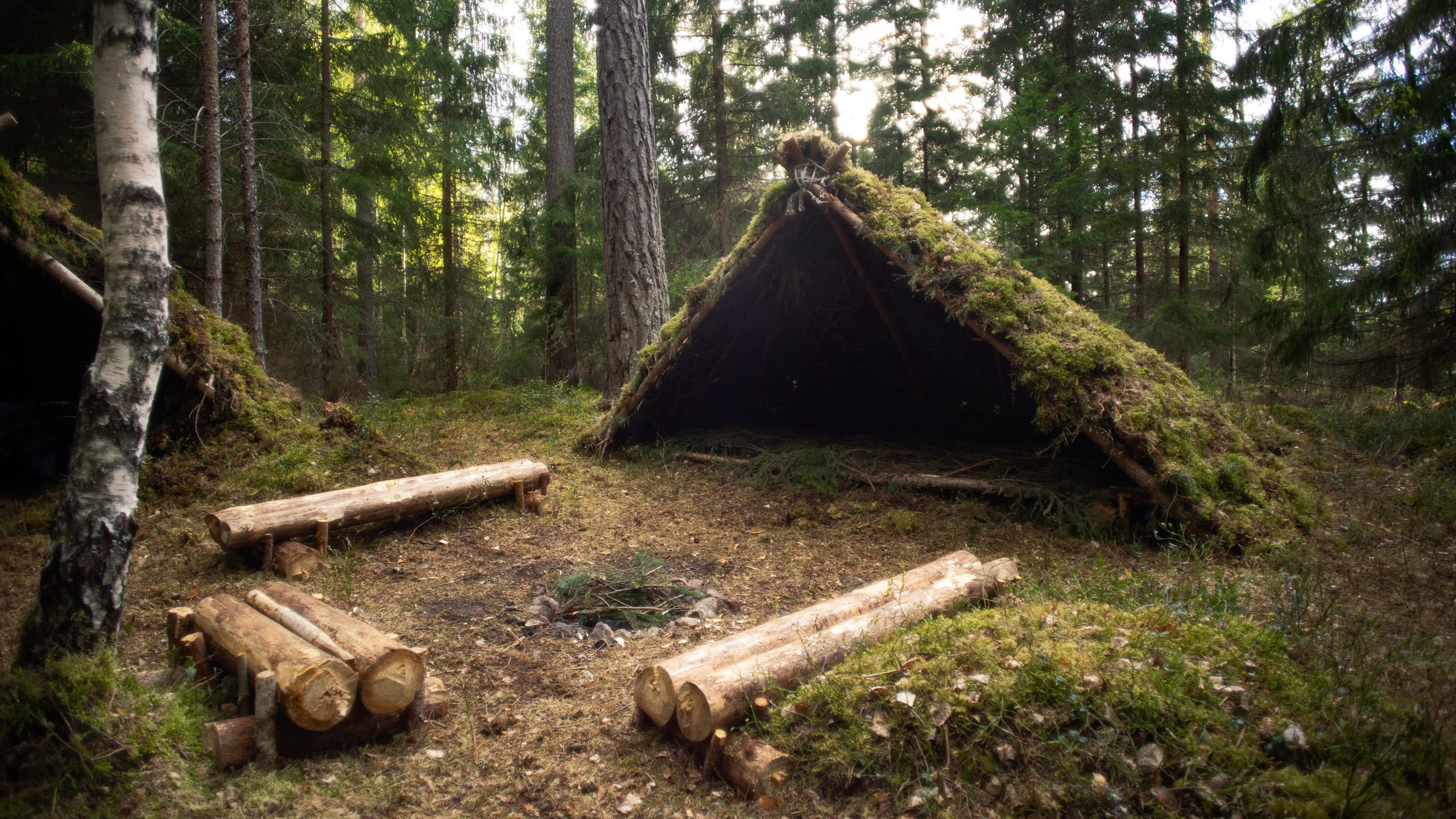If you’re looking to take your camping trip to the next level and are considering going into survival mode, it’s important to understand the basics of surviving in the outdoors. The right gear and knowledge can mean the difference between an adventure of a lifetime and being stuck in an uncomfortable situation. Here are a few tips on what you need to know when going into survival mode:
1. Pack Smart: It is essential that you pack all the items necessary for your survival adventure. Make sure you bring along a first-aid kit, some fire-starting material, water-resistance performance clothing, maps or GPS, a knife, shelter materials and other food/water items. Don’t forget to check the weather forecasts regularly so you’re aware of any changes that could impact your plans.
2. Learn How To Build A Fire: As cliché as it may sound, fire is essential for survival. Not only does it provide warmth and light, but it also gives you the ability to cook food (which can help with nutrient intake) and act as a visual security measure against potential predators. As such, it’s important to become familiar with building fires and how to use different types of fuel sources (like wood and charcoal) effectively.
3. Practice Navigation & Orienteering: Getting lost in the wilderness isn’t fun – so make sure to familiarize yourself with basic navigation techniques like using a compass or map. If possible, consider taking a first aid/orientation course prior to your venture so you can feel more confident while out exploring.
4. Learn Basic Wilderness Survival Skills: This includes everything from knowing how to build a shelter using natural materials found in the area (e.g., fallen tree branches or logs), proper animal identification skills (to protect against potentially hostile wildlife), water purification skills (crucial for staying healthy), and foraging for edibles.
5. Have A Plan & Stay Alert: Before heading out on your survival adventure, make sure that you have a plan of action in place – including an emergency contingency plan in case something unexpected arises (like an injury). Also, stay alert at all times so you can react quickly to threats or changes in your environment.
Overall, if you follow these five tips you should be well-equipped for whatever comes your way during your survival excursion! Good luck out there!
Moving away from the comforts of civilization and into a wild environment can be intimidating, even for the most seasoned outdoor adventurers. When going on a survival expedition, it’s important to have basic knowledge of certain skills, supplies, and other necessary items. To give yourself the best chance of success and ensure that you have a safe and rewarding experience, keep the following in mind:
1. Know the basics of outdoors survival. Before you embark on your journey into the wilderness, familiarize yourself with basic survival skills such as finding food, signaling for help, and building shelters. The more prepared you are for whatever situation might arise, the better off you’ll be during your travels.
2. Make sure you have the right supplies. From shelter and clothing to first aid and navigation tools, your supplies will be paramount in helping you stay alive and healthy in the wilderness. Be sure to bring the right supplies for the type of environment you’re entering and don’t forget any essential items like water bottles and matches.
3. Prepare for extreme weather conditions. Mother Nature can be unpredictable, so it’s important to come prepared for any weather conditions that may come your way. Have additional layers of clothing on hand, in case temperatures fall below freezing or snow starts falling from the sky. And if you’re around any bodies of water, be sure to bring a lifejacket with you in case of an unexpected dip.
Going on a survival trip is both thrilling and intimidating, but by doing your research beforehand and stocking up on the right supplies, you can safely explore the wild with confidence. Keep these tips close by when planning your next adventure, and always remember to respect your environment!





